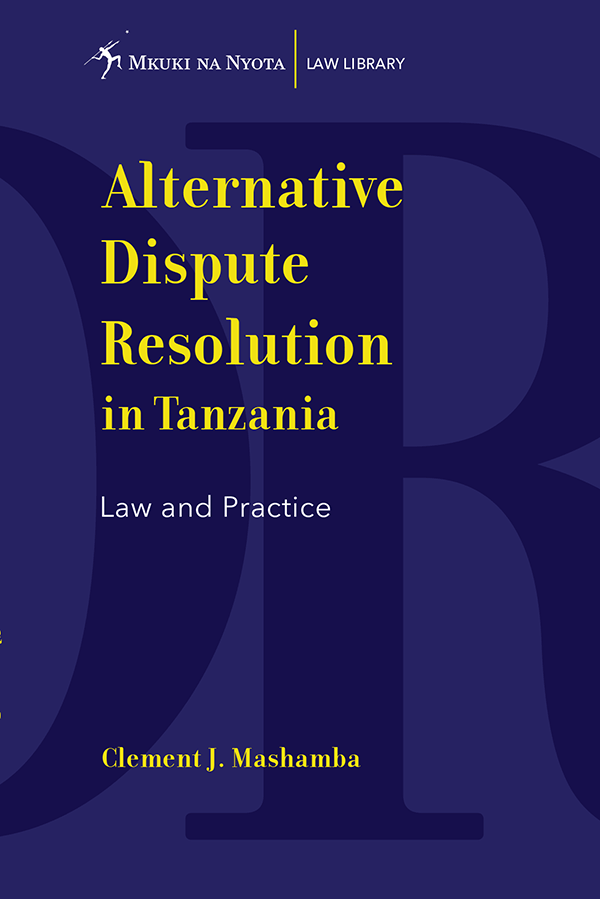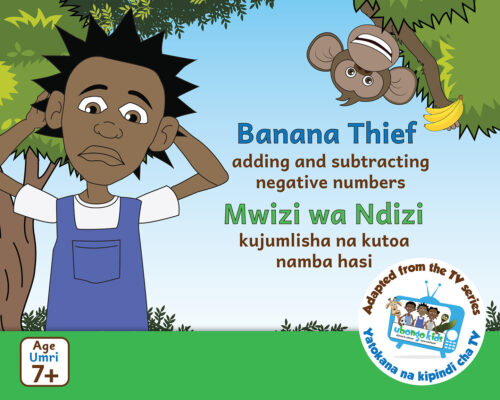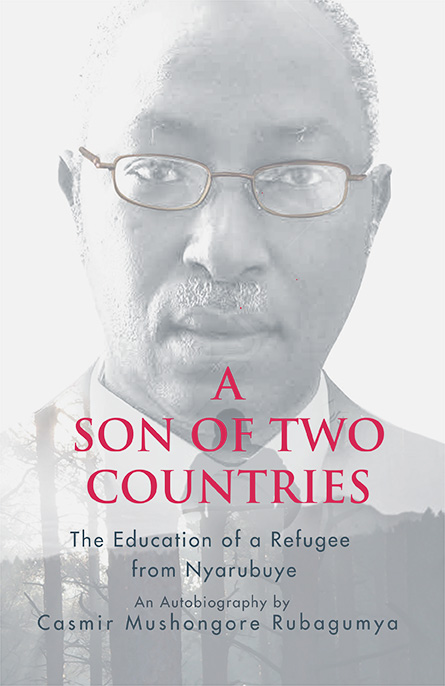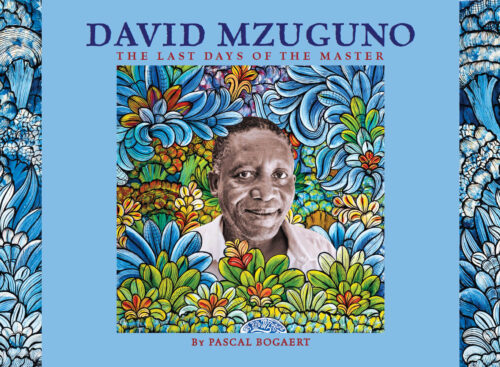Today, Alternative Dispute Resolution (ADR) has gained international recognition and is widely used to complement the conventional methods of resolving disputes through courts of law. ADR simply entails all modes of dispute settlement/resolution other than the traditional approaches of dispute settlement through courts of law. Mainly, these modes are negotiation, mediation, [re]conciliation, and arbitration.
The modern ADR movement began in the United States as a result of two main concerns for reforming the American justice system: the need for better-quality processes and outcomes in the judicial system; and the need for efficiency of justice. ADR was transplanted into the African legal systems in the 1980s and 1990s as a result of the liberalization of the African economies, which was accompanied by such conditionalities as reform of the justice and legal sectors, under the Structural Adjustment Programmes. However, most of the methods of ADR that are promoted for inclusion in African justice systems are similar to pre-colonial African dispute settlement mechanisms that encouraged restoration of harmony and social bonds in the justice system. In Tanzania, ADR was introduced in 1994 through Government Notice No. 422, which amended the First Schedule to the Civil Procedure Code Act (1966), and it is now an inherent component of the country’s legal system.
In recognition of its importance in civil litigation in Tanzania, ADR has been made a compulsory subject in higher learning/training institutions for lawyers. This handbook provides theories, principles, examples of practice, and materials relating to ADR in Tanzania and is, therefore, an essential resource for practising lawyers as well as law students with an interest in Tanzania. It also contains additional information on evolving standards in international commercial arbitration, which are very useful to legal practitioners and law students.
About the author
Clement J. Mashamba holds an LL B (Hons.) from the University of Dar es Salaam, an LL M (Socio-Economic Rights) and PhD from the Open University of Tanzania. He also holds a Certificate in Conflict Management from the Danish Fellowship Centre/MIRO Consult; and Certificates in Human Rights from the Canadian Human Rights Foundation (now, Equitas) and the Danish Institute for Human Rights (DIHR). He is a Member and Rapporteur of the African Committee of Experts on the Rights and Welfare of the Child (ACERWC) of the African Union; visiting lecturer at St. Augustine University of Tanzania (SAUT); principal of the Institute of Public Policy and Law; Advocate of the High of Court of Tanzania; and the founding Executive Director, National Organization for Legal Assistance, nola.
International availability:
This book is internationally distributed by African Books Collective






Reviews
There are no reviews yet.